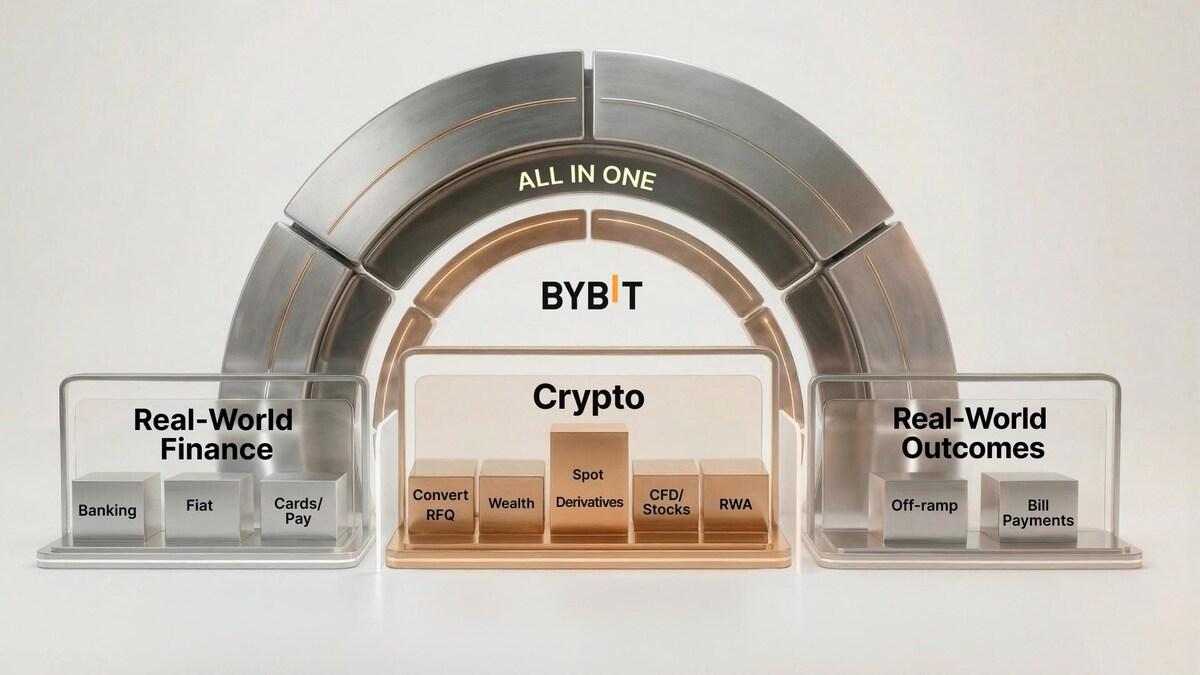Bank of England Successfully Tests DLT To Settle Transactions In Central Bank Money
Key Points:
- The Bank of England and the Bank for International Settlements both announced that they have successfully tested DLT for big synchronized transactions in central bank money.
- DLT was utilized in the project to connect the central bank’s RTGS system.
- The technology that aid in the recording and verification of crypto transactions has sparked innovation in conventional finance.
According to a report posted on Wednesday, the Bank of England revealed that it has successfully completed a pilot test employing distributed ledger technology (DLT) for large-scale interbank transactions.

The experiment was carried out in partnership with the Bank of England and the Bank for International Settlements (BIS) as part of Project Meridian. The project’s goal is to improve transaction speed and lower costs for central bank real-time gross settlement (RTGS) systems.
Meridian is one of numerous BIS Innovation Hub initiatives devoted to researching future advancements in fintech, ranging from decentralized finance to central bank digital currency (CBDC) systems.
The study explored situations in which monies were transferred from buyer to seller only if a comparable asset on a real estate register moved in the opposite direction at the same time. According to the article, the template may be adapted to other registries and assets, such as shares and bonds.
DLT systems that aid in the recording and verification of crypto transactions have sparked interest in traditional finance, with banks all over the world investigating how the technology could potentially improve the efficiency of interbank transactions or even power digital versions of sovereign currencies.
But, a top Bank of England official told legislators that DLT could be too cumbersome to fuel a CBDC.

While Meridian has proved that synchronized settlements are achievable using commercial bank reserves held by the central bank, such systems involve legislative, regulatory, and legal issues.
As Coincu reported, the Bank of England was starting further research and development on a digital version of the pound sterling and encouraging the public to weigh in on the plans without stating where the figure originated from. The bank intends to develop a team of up to 30 workers to establish a CBDC..
DISCLAIMER: The information on this website is provided as general market commentary and does not constitute investment advice. We encourage you to do your own research before investing.
Join us to keep track of news: https://linktr.ee/coincu
Harold
Coincu News






















